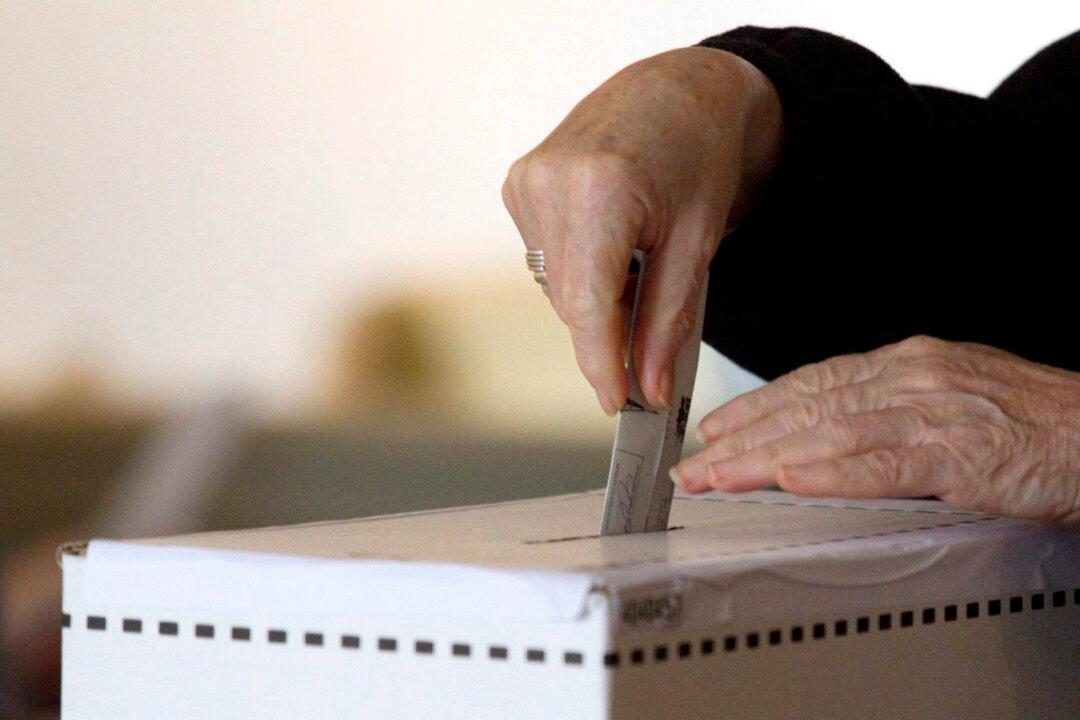Half of Canadians expressed a preference for holding the next federal election either immediately or sometime in 2024, rather than waiting until 2025, according to a Nanos Research poll commissioned by CTV News and published on Jan. 3.
The survey, involving 1,069 Canadians, targeted various demographics, with a notable distinction between men and women and across age groups.





